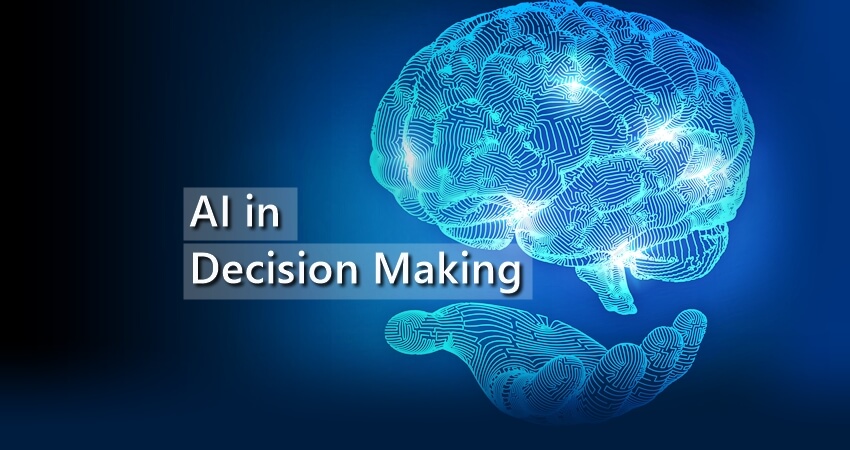Artificial Intelligence (AI) is rapidly becoming a cornerstone of data-driven decision making, offering unprecedented capabilities to process vast amounts of data, recognize patterns, and generate insights that would be impossible for humans alone.
One of the most significant trends we’re seeing is the use of AI for augmented decision making. Rather than replacing human decision makers, AI is increasingly being used to support and enhance human judgment. By processing and analyzing large volumes of data quickly, AI can provide decision makers with valuable insights and recommendations, allowing them to make more informed choices.
Machine Learning (ML), a subset of AI, is playing a crucial role in predictive decision making. ML algorithms can analyze historical data to identify patterns and predict future outcomes with remarkable accuracy. This is particularly valuable in areas such as risk assessment, demand forecasting, and customer behavior prediction.
Natural Language Processing (NLP) is another AI technology that’s transforming decision making. NLP allows organizations to derive insights from unstructured text data, such as customer reviews, social media posts, and news articles. This enables decision makers to incorporate a wider range of information into their decision-making processes, leading to more comprehensive and nuanced decisions.
The rise of Explainable AI (XAI) is addressing one of the key challenges in AI-driven decision making: the “black box” problem. XAI aims to make AI systems more transparent and interpretable, allowing decision makers to understand the reasoning behind AI-generated recommendations. This is crucial for building trust in AI systems and ensuring accountability in AI-assisted decision making.
Another emerging trend is the use of AI in real-time decision making. With the ability to process and analyze data in real-time, AI systems can provide instant insights and recommendations, enabling organizations to respond quickly to changing situations. This is particularly valuable in fast-paced industries like finance and e-commerce.
AI is also democratizing advanced analytics. With the development of user-friendly AI tools and platforms, even non-technical users can leverage AI capabilities for decision making. This is empowering employees across organizations to make data-driven decisions in their day-to-day work.
However, the integration of AI in decision making also raises important ethical considerations. Issues such as bias in AI algorithms, data privacy, and the potential for over-reliance on AI are becoming increasingly important. As a result, we’re seeing a growing emphasis on responsible AI practices and the development of ethical guidelines for AI use in decision making.
Looking ahead, we can expect AI to become even more deeply integrated into decision-making processes. Advancements in areas such as deep learning and reinforcement learning promise to further enhance AI’s decision-making capabilities. We may also see the rise of more autonomous AI systems capable of making certain decisions without human intervention, particularly in areas where speed is crucial.
In conclusion, AI is revolutionizing data-driven decision making, offering powerful tools to enhance human judgment, predict outcomes, and generate insights. As AI technologies continue to evolve, they will undoubtedly play an increasingly central role in shaping how organizations make decisions at all levels.





